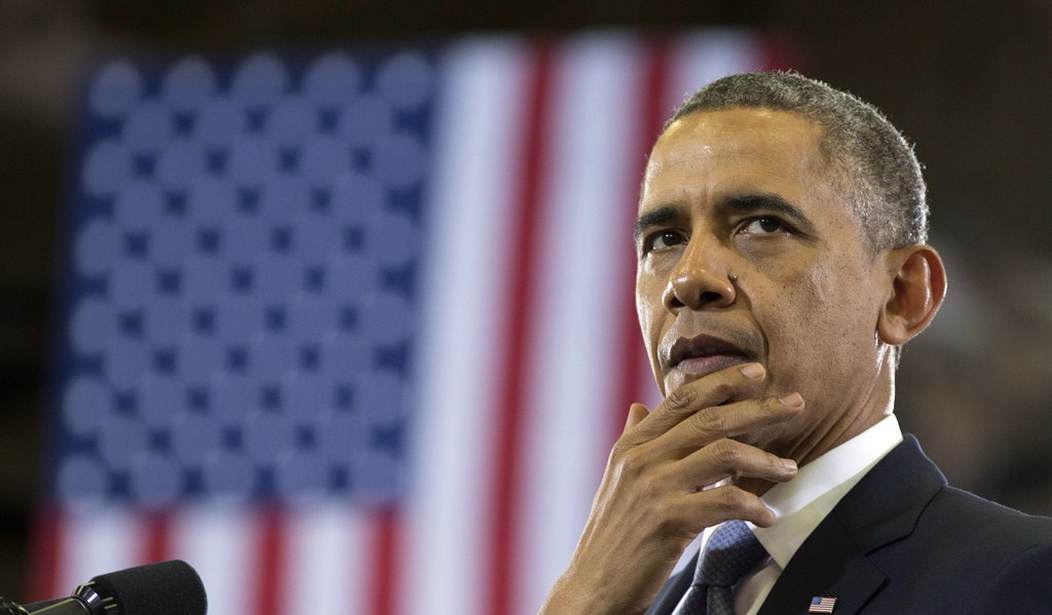The framers of our Constitution created the critical tension between the branches of government to help ensure our civil liberties and protect citizens from unchecked tyranny. The growing power of the executive branch over the last three decades has been the subject of much concern from both parties when out of power.
Campaigning against Bush's use of executive privilege to sign a law but selectively interpret its meaning, Senator Barack Obama asserted, "This is part of the whole theory of George Bush that he can make laws as he goes along. I disagree with that. I taught the Constitution for ten years. I believe in the Constitution, and I will obey the Constitution of the United States." If elected, he promised to have his Attorney General undo any "unconstitutional" executive actions by President Bush. He also promised that he would bring more humility and non-partisan dialogue to Washington.
To date, it's true that both President Clinton and Bush used executive orders more than President Obama, but he has expanded the scope and nature of that use. On numerous occasions President Obama has initiated far-reaching and questionable executive actions, but none are more glaring than his changes to the Affordable Care Act.
When the GOP tried to tie a delay in the implementation of that law to a debt ceiling increase, the President and fellow Democrats argued that Obamacare was "settled law" and should not be changed. But President Obama has had no problem in "unsettling" his own law without even seeking Congressional approval.
Blaming a "dysfunctional Congress," this president has repeatedly bragged about what he can do without Congress: "I told my administration to keep looking every single day for actions we can take without Congress." "With Congress or on my own...I have a pen and I've got a phone. I can use that pen to sign executive orders and take executive actions that move the ball forward....and I have a phone to rally the people..."
Recommended
Our Constitution matters. Article two clearly states that Presidents don't write laws; Congress does. President Obama doesn't have the power to change a law without Congressional approval, but he has made major unilateral changes to the law his party passed over 10 times without Congressional or court approval.
The deadline for implementation was clearly written into The Affordable Care Act; the mandate must take effect on January 1, 2014. Knowing that involving Congress would require concessions, this president has twice delayed the “employer mandate” for employers with 50 to 99 employees to provide medical insurance--first to Jan. 1, 2015 and now again until 2016.
It's true that the GOP-controlled House would have demanded concessions to make those changes, but our Framers designed our government to allow gridlock in order to force politicians to deliberate, build support, and find consensus. Making our political system work is work that President Obama has been unwilling to do.
Most of the mainstream media, supportive of President Obama's agenda, has taken the easy way out by simply ignoring the power grab. A few have seemingly blessed his actions as "justifiable" and "understandable" in the face of gridlock. But when President Bush took actions, that same media used words like "unwise" and "lawless," criticizing his "contemptible disregard for the law."
Some liberal Constitutional scholars are voicing concerns. Jonathan Turley, a George Washington University Law School professor who initially voted for Obama, warns: "There is very good reason for people to be concerned. I think that regardless of your view of the policy, you need to take note.... I happen to agree with many of his policies, but it sometimes is more important how you do things than what you do. In this system, the Framers devised to have branches that exist in a type of locked orbit held there by inverse and equal powers. When you have concentration in one branch, it creates a dangerous instability, It's not just a danger to the authority of these branches. That separation of powers was primarily designed for the protection of civil liberties. Because when you have this concentration, it can bring authoritarianism. It can bring tyranny."
Where are the media and the liberal civil libertarians who have fought such abuse? Even if you voted for him, be concerned. President Obama won't be the last president, and these powers will outlast him if not addressed. Being silent in the face of this concentration of power is dangerous. Use YOUR pen, phone,...and vote.
























Join the conversation as a VIP Member